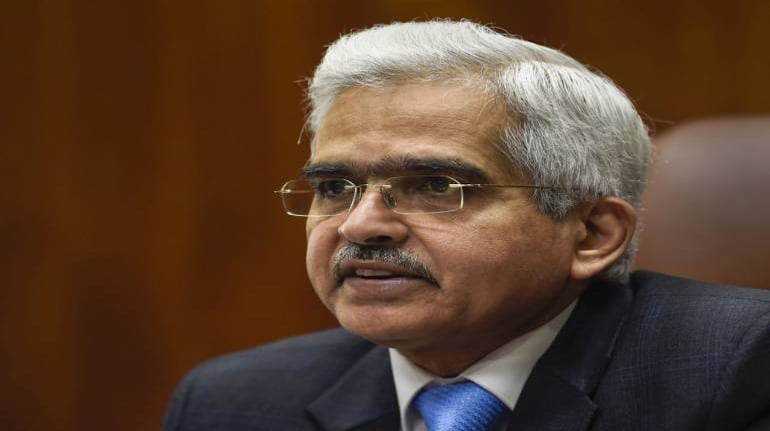MPC’s dilemma will worsen if inflation spikes further forcing it to take a relook at the course of the monetary policy ahead.
Minutes of the Reserve Bank of India's (RBI) monetary policy committee (MPC) meeting held earlier this month reveal that all six members of the rate-setting panel, including the governor, voted for a pause.
From the comments, it appears that there is a broader consensus among the committee members that there is no need to cut rates further, immediately. Instead, the panel wants to see the impact of the already effected rate cuts and how that plays out in the banking system.
Take a look at the comments of RBI Governor Shaktikanta Das.
"Although there is headroom for further monetary policy action, at this juncture it is important to keep our arsenal dry and use it judiciously," Das said, adding, "I also feel that we should wait for some more time for the cumulative 250 basis points reduction in policy rate since February 2019 to seep into the financial system and further reduce interest rates and spreads."
Also Read | 'Important to keep our arsenal dry and use it judiciously': Shaktikanta Das
In its August meet, the MPC left the repo rate unchanged at 4 percent and reverse repo rate at 3.35 percent. Since February, 2019, the MPC has cut repo rate by a steep 250 basis points. One bps is one hundredth of a percentage point.
Rate cut season over?
The MPC is on an accommodative policy stance at the moment. This means the panel is willing to look at rate cuts as a more likely event than a rate hike. However, there are hints of a likely reversal in the policy stance if inflation risks escalate.
Michael Patra's comments in the MPC minutes require a closer look. Patra said, "If inflation persists above the upper tolerance band for one more quarter, monetary policy will be constrained by mandate to undertake remedial action, including an immediate and more than proportionate response to head off the build-up of inflation pressures and prevent it from getting generalized."
This comment is significant as it highlights that if inflation worries persist, the committee may be forced to reverse its current policy stance and even consider rate hikes. The question is, can a slowdown-hit, COVID-ravaged economy withstand a tighter monetary policy? Can we afford rate hikes, if that happens when growth is projected to contract as much as 9 percent in FY21?
The coronavirus pandemic, of course, dominates the MPC minutes. The outlook is grim, Patra admitted. "Even when it improves, the expectation is one of slow, hesitant recovery, with the situation likely to worsen before it gets better," he added. The Consumer Price Index (CPI)-based inflation climbed to 6.93 per cent in the month of July, on the back of higher food prices.
The MPC's dilemma will worsen if inflation spikes further, forcing it to take a relook at the course of the monetary policy ahead. There is an emphatic reiteration of the MPC's core responsibility—watching inflation worries—all over the policy document and in the minutes. "The MPC is conscious that its primary mandate is to achieve the medium-term target for CPI inflation of 4 per cent within a band of +/- 2 per cent," the minutes noted.
Reading between the lines, the time for major rate cuts could be over. The MPC is likely to be on a prolonged pause mode. The panel could watch the inflation trajectory going ahead and accordingly chart out the path for monetary policy. A reversal in monetary policy stance cannot be totally ruled out.







